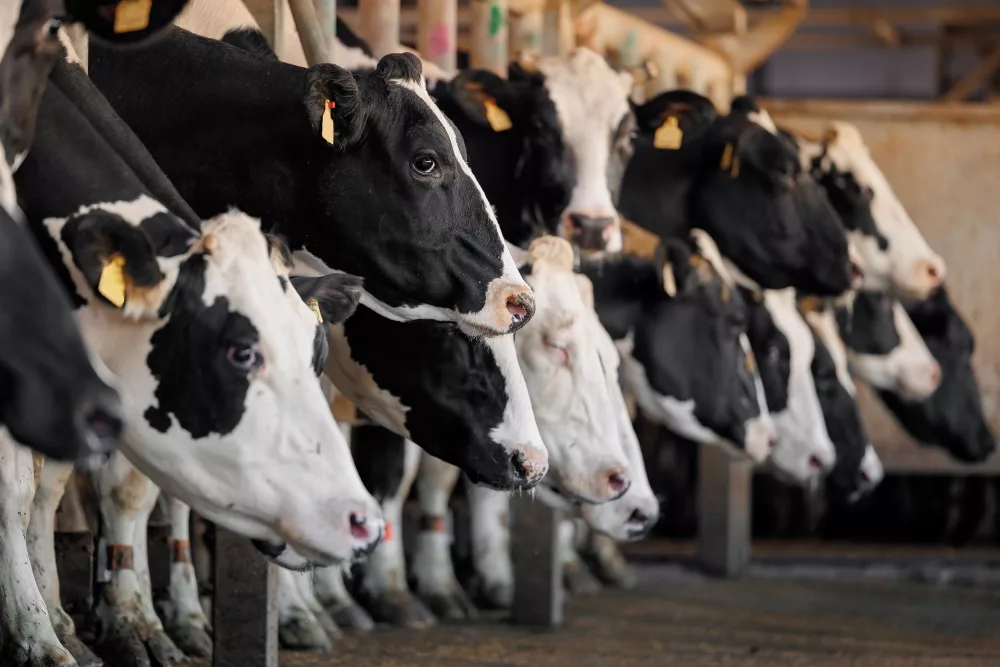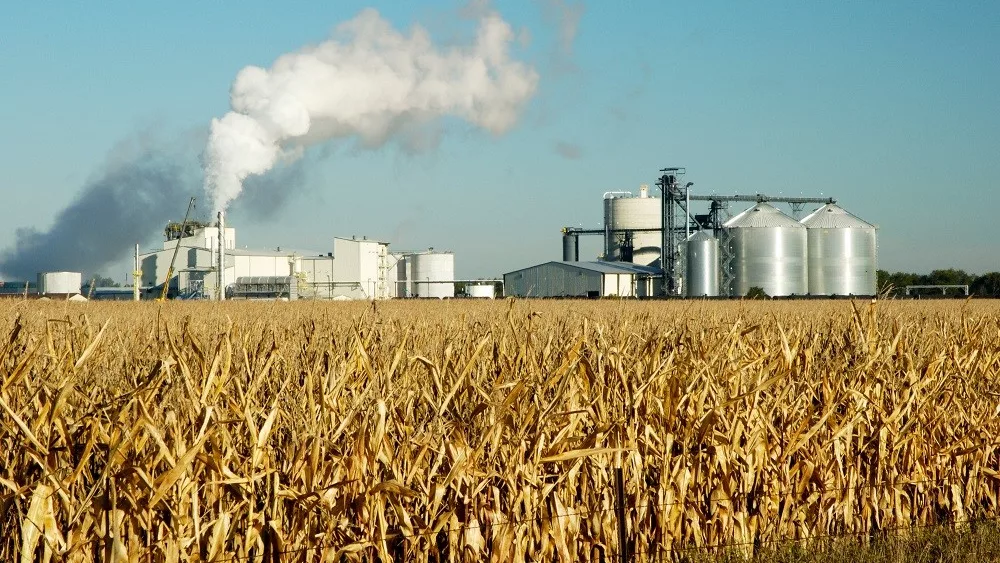Field Crops
Despite timely rainfall in many areas, producers made significant planting progress, according to Marlo Johnson, Director of the Great Lakes Regional Office of the National Agricultural Statistics Service in USDA’s Michigan Crop Progress Report. There were 3.7 days suitable for fieldwork in Michigan during the week ending May 9, 2021.
Winter wheat condition held steady with a reported 71 percent of the crop rated in good to excellent condition. The winter wheat crop has shown resiliency and continued to progress at a nice pace with 83 percent of the crop jointing.
Oat and barley seeding continued as both crops were showing strong emergence.
Sugarbeet planting was nearing completion. Recent frost damage resulted in significant losses in sugarbeets; replanting efforts continued across much of the major growing region.
Corn and soybean planting continued at a rapid pace as growers took full advantage of dry spells in between rain events.
Other activities included equipment maintenance, spring tillage, and crop scouting.
Corn
Planted: 46%
Emerged: 5%
Soybeans
Planted: 42%
Emerged: 4%
Wheat
Jointing: 83%
Condition: 71% Good/Excellent
Barley
Planted: 49%
Emerged: 23%
Oats
Planted: 78%
Emerged: 59%
Condition: 75% Good/Excellent
Sugarbeets
Planted: 98%
Emerged: 68%
Condition: 77% Good/Excellent
Fruits
A week of cool, damp, and windy weather slowed fruit development and reduced pollinator activity. Even with the rain received last week, the state remained in need of precipitation. Damage from April freezes were becoming more evident and will continue to become so as crops progress.
In the Southwest, peaches were in shuck. Freeze damage was most evident on terminal ends of branches where flowers were open when the freeze occurred.
Tart cherries in the Southwest were in petal fall. Tarts had better crop prospects than sweets and the tart crop, while severely damaged in some areas, still appeared to have decent prospects overall in the Southwest. In the Northwest, tarts were beginning to bloom.
Apples in the Southwest were in full bloom or petal fall depending upon variety and location. King blooms killed in the freeze were drying up and dropping. Side bloom was also damaged in some areas and growers were having to make difficult thinning decisions. Apples on the Ridge were between king bloom and petal fall.
The cooler weather last week extended bloom. Blueberry bloom in the Southwest began. Growers applied fungicides to help prevent mummy berries.
Vegetables
Herbicide burndowns, tillage, and plastic-laying were undertaken this week, but uneven weather conditions slowed planting progress throughout the State. Freeze damage was reported for some tomato transplants.
Planting of potatoes continued, with some growers reporting uneven emergence caused by mixed seed sizes.
Scattered harvest of asparagus began in the West Central region, but cool temperatures prevented widespread harvest.
In the East, some kale and collards were transplanted while lettuce was under irrigation as a result of dry conditions.
Plastic-laying for onions increased, and garlic showed considerable growth.





